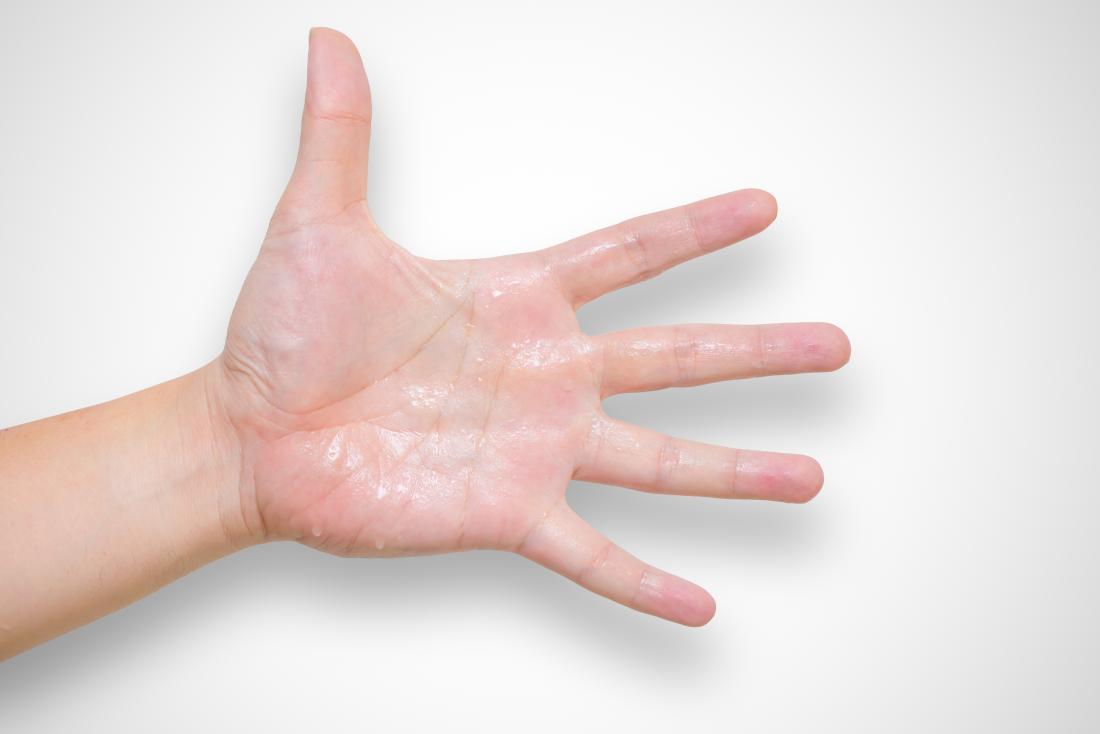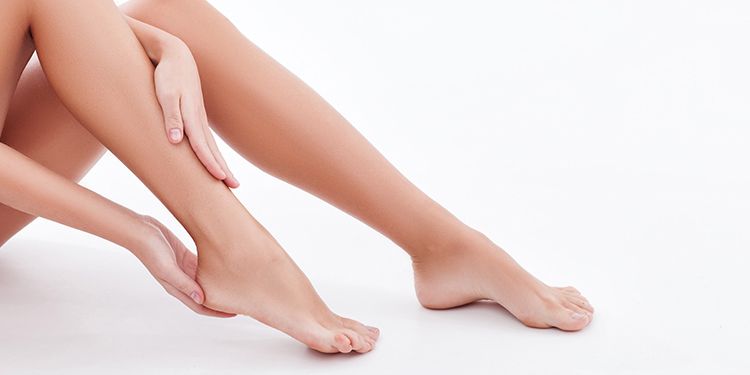Recognizing Excessive Sweating: Dermatology Insights on How to Stop Sweaty Hands
Recognizing Excessive Sweating: Dermatology Insights on How to Stop Sweaty Hands
Blog Article
Understanding the Source of Excessive Sweating and Its Influence On Day-to-day Live
Extreme sweating, additionally understood as hyperhidrosis, is a problem that influences a substantial part of the populace, yet its underlying causes and ramifications on everyday functioning remain rather enigmatic. While it is generally understood as a physical action to regulate body temperature level, the triggers for extreme sweating can vary extensively amongst people, encompassing not only physical aspects but additionally psychological and mental components. In addition, the influence of this problem expands beyond simple pain, usually affecting social communications and overall lifestyle. By delving right into the source of hyperhidrosis and exploring its diverse impacts, a deeper understanding of this pervasive concern can be acquired, clarifying the complexities that individuals grappling with too much sweating browse every day.
Physiology of Sweat Glands
The regulation of sweat production, a vital physical procedure, is primarily regulated by the task of sweat glands distributed throughout the human body. Sweat glands are classified right into two main types: eccrine and apocrine glands.
When the body temperature climbs, either due to exercise, heats, or emotional stress, the nervous system causes the sweat glands to create sweat. This sweat is composed mostly of water and electrolytes like sodium and chloride. The process of sweat production is important for maintaining the body's internal temperature within a slim, ideal array, highlighting the crucial role sweat glands play in human physiology.
Triggers for Excessive Sweating
In understanding the source of too much sweating, it is essential to determine the triggers that can cause this physical reaction. Extreme sweating, also referred to as hyperhidrosis, can be motivated by various aspects, both ecological and physiological. One typical trigger is emotional anxiety or anxiety, which can boost the body's gland to create even more sweat than is essential for cooling down. Physical physical effort, high temperatures, and spicy foods are likewise recognized to activate too much sweating in individuals vulnerable to this problem. Moreover, certain medical problems like diabetic issues, menopause, or hyperthyroidism can add to extreme sweating too.
Additionally, drugs such as some antidepressants, opioids, and particular supplements can likewise work as triggers for hyperhidrosis. Understanding these triggers is necessary in taking care of excessive sweating efficiently - Exessive Sweating. By recognizing and dealing with the details triggers that trigger extreme sweating in a private, health care carriers can develop individualized therapy plans to reduce this problem and improve the person's quality of life
Medical Issue Associated
Related to excessive sweating are different clinical problems that can exacerbate this physical action. One typical condition is hyperhidrosis, a disorder characterized by unusually enhanced sweating that goes beyond the body's thermoregulatory needs. This can materialize in focal locations like the palms, soles, underarms, or face, influencing a person's lifestyle as a result of social embarrassment and discomfort.
Moreover, endocrine conditions such as hyperthyroidism, diabetes mellitus, and menopausal hot flashes can also lead to too much sweating. Hyperthyroidism creates an overproduction of thyroid hormones, speeding up metabolic process and setting off sweating.
In addition, infections like hiv, tuberculosis, and endocarditis have been connected with evening sweats, a typical symptom recognized to disrupt rest and affect overall health. These clinical conditions highlight the varied array of underlying elements that can add to excessive sweating, necessitating complete assessment and monitoring by medical care specialists.
Psychological and psychological Factors

Influence On Social Interactions
Excessive sweating can have profound impacts on an individual's capacity to involve pleasantly in social communications. The visible signs of sweat spots or damp spots on apparel can lead to shame and self-consciousness, creating people to take out from social circumstances. This withdrawal can influence connections, limit social tasks, and hinder individual and expert development.

Furthermore, the stress and anxiety and self-confidence issues originating from excessive sweating can impact interaction and social abilities. Individuals may have a hard time to concentrate on conversations, take part in team tasks, or express themselves confidently. This can result in feelings of isolation and loneliness, as social links end up being testing to keep.
Final Thought

While it is generally comprehended as a physiological reaction to regulate body temperature level, the triggers for too much sweating can vary commonly among individuals, incorporating not only physical elements yet likewise psychological and emotional aspects. By delving right into the root triggers of hyperhidrosis and exploring its multifaceted impacts, a much deeper understanding of this prevalent concern can be acquired, dropping light on the intricacies that people grappling with excessive sweating browse on a daily basis.
Physical exertion, high temperature levels, and spicy foods are additionally known to set off too much sweating in individuals vulnerable to this problem. By recognizing and attending to the certain triggers that prompt extreme sweating in a specific, medical care providers can establish customized treatment plans to ease this problem and enhance the person's quality of life.
Too much sweating can have profound results on a person's capacity to engage conveniently in social communications.
Report this page